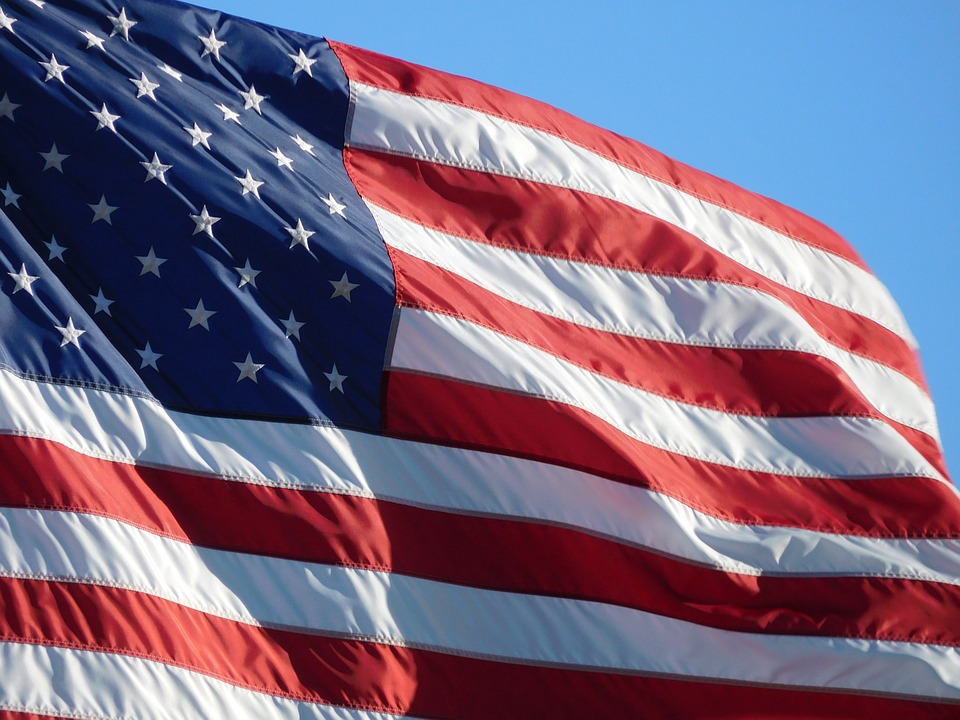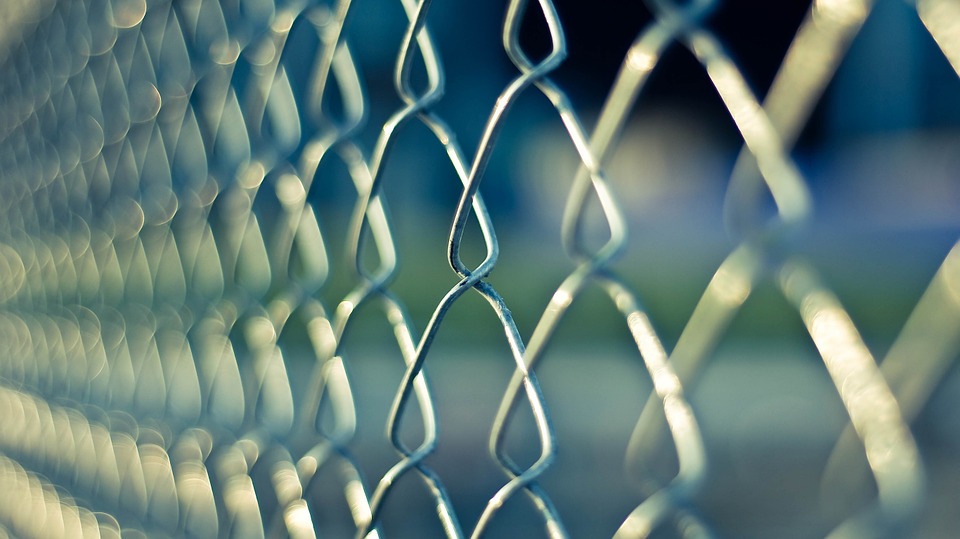Canada Breaking Ground on Immigration
Embracing Difference and Imagination in Welcoming Refugees
As a Canadian, it is not uncommon for at least one of your parents, grandparents, or perhaps even you yourself to have not been born here. That is because Canada, as a settler nation, has a long history of accepting immigrants and refugees into the country and propelling them towards citizenship. In fact, the Canadian government has a yearly quota of immigrants it aims to allow into the country and has a pool of dedicated lawyers to the immigration process. This is because Canada’s economy, along with its population growth, relies on bringing people in and granting newcomers citizenship. In this way, our country’s approach to immigration is unique.
Some European countries, along with the United States, have at times criticized Canada’s willingness to allow newcomers permanent residency and citizenship. However, what they do not recognize is Canada has a history of welcoming those seeking a new home and embracing difference. Unlike many European countries, Canada’s population is by no means homogeneous; and though the country’s history is not perfect, multiple identities are often embraced by Canadians and Canadian society.
With the government opening up Canada’s borders to Syrian refugees, both politicians and citizens alike recognize that these newcomers are on the path to full citizenship. Recently, the government has announced bill C-6 that will be coming into effect, appropriately, on July 1st, making it easier for residents to acquire citizenship in the country. The Liberal government has been working hard to reverse the harmful effects of the Conservatives’ controversial bill C-24, and are also providing exemplary leadership in the international effort to support the current Syrian refugee crisis both nationally and internationally.
While many Canadians support our government’s efforts to embrace these newcomers, many still do not recognize the history of our welcoming society. When explorers landed in Canada, they were welcomed by Indigenous populations. Without the help of these established peoples and their philosophy of embracing complexity and multiple identities, European explorers would have had no chance of success navigating this foreign place, especially with harsh winters and weather experienced in the more Northern regions of the land. We are aware that this partnership between explorers and Natives was betrayed by the newcomers; however, the government is increasingly recognizing the importance of honouring settler Canadians’ relationship with its First Nations. As a society, we are shifting to a point of understanding and repairing this complex relationship.
Countries that are critical of Canada’s approach to newcomers may simply lack imagination. Given our history as a nation of settlers, it is natural that the country has an established process dedicated to welcoming immigrants and propelling them along the path to citizenship. What is so unique about Canada and its approach is a population that is made up of various identities and a society that is generally comfortable with contradicting viewpoints. Again, Canada is not perfect; but, by honouring the practice of receiving foreigners that was established long ago by Indigenous people, Canada is establishing itself as a leader in its approach to immigration.
OIHP Pause
Ontario’s Provincial Immigrant Nominee Program Has Met its Federal Quota For the Year
Unfortunately, Ontario’s provincial Immigrant Nominee Program has already met its federal quota for the year and will no longer be accepting new applications for most of its streams. This follows their decision on February 16th to suspend sending out Notifications of Interest for the Human Capital Priorities (Express Entry) program.
Affected programs include:
- The Employer Pre-Screen
- The International Student – Masters Graduate stream
- The International Student – PHD graduate stream
Applications sent after 5:00 p.m. EDT on May 9, 2016 will not be processed and payments will be returned. OIHP will technically continue to accept Foreign-Worker-and-International-Student-with-a-Job-Offer stream applicants, but those employers must have already been approved through the Employer Pre-screen.
The only remaining streams for people looking to immigrate through Ontario’s program are the French-Speaking Skilled Worker stream, the Corporate stream, and the Entrepreneur stream. It will receive its quota for 2017 from the Federal Government in November, 2016.
This is not the best news for those looking to immigrate to Ontario, but remember: the vast majority of immigrants to Canada are not provincially nominated. Ontario’s program itself represents only 1.8% of total Canadian immigrants. Also, in November of 2016, the federal government will be providing Ontario its new quota for 2017.
Does American Policy Effect Immigration in Canada?
Taking Time to Look at the Future of Immigration with Our Closest Neighbour
It can be tough work keeping up with the changing face of immigration in Canada without having to worry about what goes on with other country’s governments, but that doesn’t make it any less important that we stay informed with what our neighbours are doing. This is especially true when it comes to the United States of America. As a nation with which we share one of the world’s longest borders, and as an ally and trading partner, the decisions that are made by the U.S.’s government affect us in myriad ways. And even without the impending U.S. presidential election, immigration is already a hot-button issue for the current administration—one that’s only being made more challenging by the fervor that has grown around the candidates’ platforms.
Barack Obama, incumbent president of the United States, is currently pushing to provide temporary legal protection for approximately four million undocumented immigrants, a plan that has sparked a significant amount of controversy. Some deem the plan unconstitutional, and others find it just as unconstitutional to not allow these individuals and families—many of whom have fled from unsafe conditions abroad—a fair opportunity to work with the best immigration lawyers available to secure legal status in the country. The plan has gone to the United States Supreme Court, but partially due to the lack of replacement for recently departed Antonin Scalia, voting has resulted in a four-four tie (the Supreme Court typically has nine sitting judges specifically to prevent such an occurrence).
While under Prime Minister Trudeau’s leadership, the Liberal government, particularly Immigration, Refugees and Citizenship Canada, is working hard to bring immigrants and refugees into our country, the future of the U.S.’s immigration system rests very heavily on their upcoming election. At the time this blog is posted, Hillary Clinton and Bernie Sanders are still in the running for the Democratic nomination. Clinton has stated that she intends to continue the work that President Obama has begun, opposing deportation raids and working to put undocumented immigrants in touch with the best immigration lawyers to assist them in gaining legal status. Sanders has also stated that he is in favour of giving legal protection to undocumented immigrants, as well as reforming both the criminal justice and the immigration system.
On the opposite end of the political spectrum, only Donald Trump remains in the Republican race—and his views on immigration couldn’t be further from those held by Clinton, Sanders, or Prime Minister Trudeau. In addition to his often-touted plans to build a wall across the American-Mexico border, there has also been a tremendous amount of controversy over his intentions to place a temporary ban on Muslim immigrants into the United States. While the country has never issued a full ban based on religion before, there are precedents for banning ethnic groups from entry in the U.S. as recently as the 19th century.
In the meantime, President Obama’s plans would not be as far-reaching as Canada’s immigration plan to grant permanent resident status to 25,000 Syrian refugees, but rather would seek to protect undocumented immigrants from deportation, giving them time to reach out to the best immigration lawyers and achieve legal status in the country.
Challenging Canada’s Immigration Detention System
Even with Help of an Immigration Lawyer, Many Are Detained for Years
There is a crisis facing immigrants who are being detained by the federal government, and recent events have brought it into sharp focus. On March 13, 2016, the family of 39-year-old Francisco Javier Romero Astorga was told by the Chilean consulate that he had died in detention at Maplehurst Correctional Complex. The Canada Border Services Agency, however, has not confirmed this, nor will they release the details of the autopsy or cooperate in repatriating the departed’s body to Chile for his family to lay him to rest. Now, Renu Mandhane, head of the Ontario Human Rights Commission, is calling on Canada’s immigration officials to address the growing problem that is an immigration detention system that holds people indefinitely, often in maximum security prisons, without charging them. In an open letter to Ottawa Centre MP Yasir Naqvi, she said:
“There is a fundamental, systemic problem with using provincial correctional facilities designed for persons detained under the Criminal Code to detain immigrants who are neither criminally charged nor serving a sentence[…]Provincial correctional facilities have neither the infrastructure nor the staff expertise to handle immigration detainees in a way that accommodates their unique needs.”
An immigration lawyer may be able to counsel a detainee in one of their regularly-scheduled hearings—hearings which render the detention system not technically indefinite, just functionally so—but the success rate for these hearings is dismal, and falls to nearly zero per cent after the first six months. In findings published by the activist group End Immigration Detention, it was also found that not only do the chances of success vary by a frightening degree based on where in the country the hearing is held and which board member oversees it, but that fewer people are being released every year. While there is no clear discernable reason for this in official Canada immigration legislation, the rate of decrease represents an alarming trend.
Nearly 80,000 immigrants were detained under the Harper government, many of them unable to return to their countries of origin for various reasons. While making the appeal process more consistent and fair, and helping detainees secure access to an immigration lawyer could help, there is a deeper problem that must be addressed. Whether the new Liberal government, under the leadership of Justin Trudeau, will address that issue remains to be seen.
People who have come to our country seeking a better life should have the opportunity to be able to do so—this is one of the core values that this country was built on. But when new arrivals come to our shores, only to be arrested immediately and held indefinitely in a maximum security correctional facility despite not being charged with any crime under Canadian law, this creates an unjust and, for many, insurmountable barrier to those opportunities.
If you know someone who is being held in immigration detention without being charged, contact an immigration lawyer who may be able to help them.
Detention Highlights Canada’s Immigration Issues
Immigration Lawyer Explains Recent Detention of Toronto Man
A Toronto man is suing the Canada Border Services Agency because he claims he was wrongfully detained for over a month. Gabriel Chan was born in the Philippines to a Canadian father, therefore inheriting his Canadian citizenship, which could be passed on to children born abroad under Canadian law at the time. After a dispute with a GO Transit officer over proof of payment, immigration authorities were called. Although Chan is a Canadian citizen, he was still held for over a month in a Canadian detention center. This case highlights the growing concerns with the immigration detention regime in Canada.
There are a number of factors taken into consideration when detaining individuals including criminal convictions and inadmissibility, cooperation with the government to confirm identity, and personal ties to the community. Detention may be justified if the individual will not appear for immigration proceedings, is a danger to the public, or if their identity cannot be verified.
However, the issue for Mr. Chan is that even after his citizenship was confirmed through a DNA test of his father, he was held for over 30 days. Similarly, a recent study conducted by the University of Toronto claims that Canada’s immigration detention centers are a “legal black hole” where some people are held for months or even years. The report claims there are few clear criteria to determine the length of detainment.
Unlike other countries, Canada lacks a limit on how long individuals can be detained for immigration purposes. Studies show that this uncertainty can take a psychological toll on the mental health of detainees, which in turn may affect their immigration proceedings. Although the Canada Border Services Agency website claims that detention should be the shortest amount of time possible and that those with poor mental health will be held in facilities that provide specialized care, the U of T research shows that few actually gain access to this care.
As for Gabriel Chan, his Canadian immigration lawyer says this should not have happened. Having proved his Canadian citizenship through his father, Chan should have been released immediately. Chan aims to claim Canada as his home, since his family is here, and his citizenship should give him that right.





